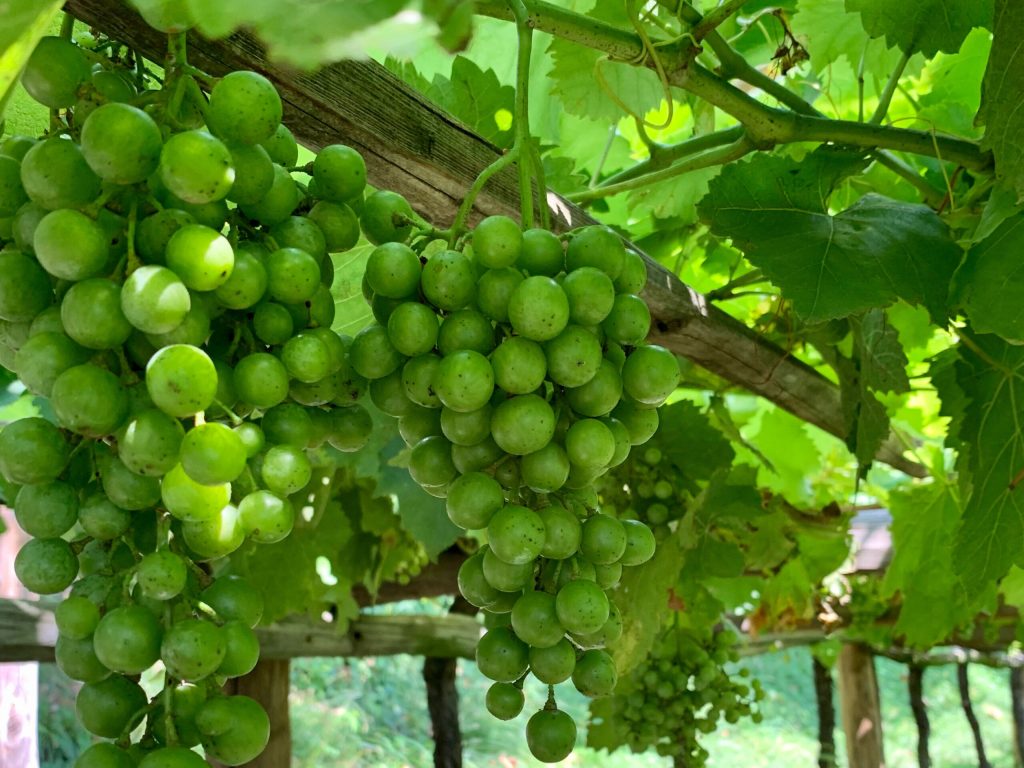
Quality wine enjoyment is being revolutionized in a new way. This gives consumers the opportunity to explore new, undiscovered paths. PIWIs are intended to complement traditional varieties such as Riesling and Pinot Noir.
Today, science and research are increasingly talking about “new innovative grape varieties” in this context. These grape varieties are highly resistant to fungal diseases and enable a significant reduction in the use of pesticides. These robust or innovative grape varieties are therefore an obvious alternative to conventional intensive plant protection.
PIWIs are already widespread in German wine-growing regions such as Rheinhessen, Franconia and the Palatinate. But they are also in vogue in other wine-growing countries such as Poland and Denmark.
Breeding these new, robust and innovative varieties is a generational project. Even today, vines are not created with genetic scissors in the laboratory, but in the vineyard. For many years, the breeding of new fungus-resistant grape varieties has been a focus of the work of the State Viticulture Institute in Freiburg. The viticulture institute is looking for interested companies that are willing to experiment and plant such vines in their vineyards. PIWI International promotes the exchange of experience between winegrowers and breeders and encourages dialog about the “new grape varieties”.
In viticulture, considerable amounts of plant protection products are applied against mildew fungi (fungicides) in order to prevent possible fungal infestation and safeguard the harvest. According to analyses by the EU's statistical office (EuroStat), the use of plant protection products per hectare and year in viticulture is by far the highest compared to all other agricultural products produced in the EU.
However, PIWI vines are highly resistant to fungal diseases and enable a significant reduction in the use of plant protection products, thereby protecting the environment. A win-win situation for winegrowers and consumers!
The continuous increase in PIWI acreage is reflected in the growing number of wines entered in the Austrian PIWI wine competition “New/innovative grape varieties” from year to year. Not only the traditional wine-growing regions, but also Austria's mountainous regions are now making their mark on the PIWI scene! For the third time, the „PIWI Österreich“ association organized the “New / Innovative Grape Varieties” wine competition for Austrian wines made from fungus-resistant grape varieties.

From ticketing systems to cooking robotics: the restaurant industry is undergoing a digital transformation. What began as a technological gimmick is now becoming a real competitive advantage. Why digital processes bring more predictability, better guest experiences and new perspectives for employees – and where people still remain irreplaceable.
Organic is not a label – it’s an attitude. In Falkenstein, Lower Austria, the Pesau winery practices organic farming as a generational contract: for the soil, for the landscape, for the wine. A conversation with Andreas and Georg Pesau about living origin, sustainable craftsmanship and the courage not to bow to every trend.


Today, science and research are increasingly talking about “new innovative grape varieties” in this context. These grape varieties are highly resistant to fungal diseases and enable a significant reduction in the use of pesticides. These robust or innovative grape varieties are therefore an obvious alternative to conventional intensive plant protection.